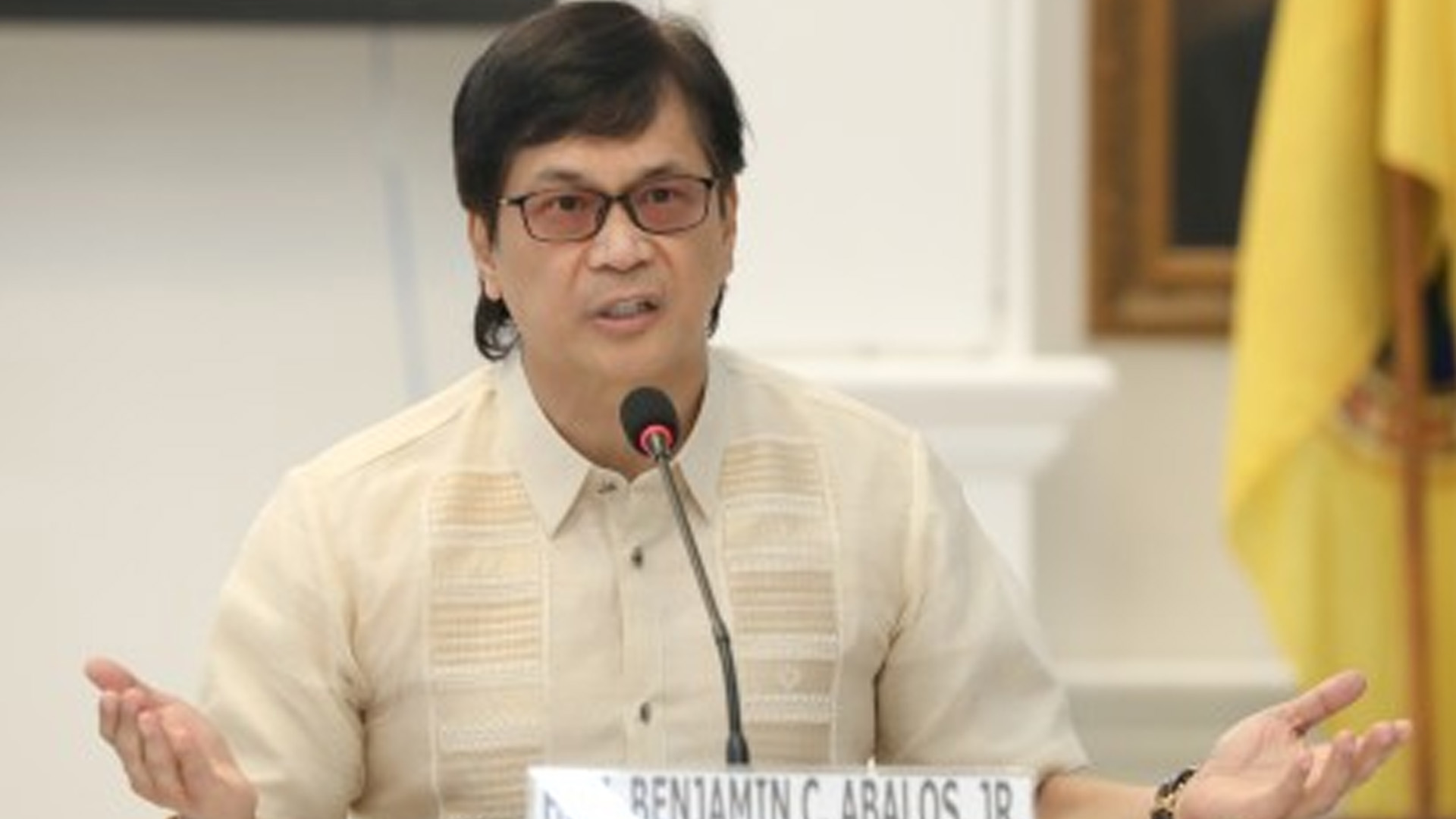Peace education efforts must be made mandatory in all villages nationwide and included in the criteria for the Seal of Good Local Governance (SGLG) awards.
Department of the Interior and Local Government (DILG) Secretary Benjamin Abalos Jr. said he has started discussions with the Office of the Presidential Adviser on Peace, Reconciliation and Unity (OPAPRU) to make the plan possible within three years through a training program to be led by the Local Government Academy.
Institutionalized under Republic Act 11292 or The Seal of Good Local Governance Act of 2019, the SGLG gauges local government units’ performance in governance areas such as financial administration and sustainability; disaster preparedness; and social protection and sensitivity, among others.
“This could be part of our program in peace, going to the grassroots and having a dialogue with the people. Knowing their needs and responding to them,” Abalos said in a news release Friday.
He also cited the possibility of holding peace education seminars for all elected Sangguniang Kabataan officers after the Oct. 30 village and youth polls.
Aside from the DILG, other government agencies such as the Commission on Higher Education (CHED) and the Department of Education (DepEd) also expressed their commitments to mainstreaming peace education in barangays and in basic and higher learning institutions during the 2nd National Peace Education Summit held Sept. 26 and 27.
CHED chair J. Prospero De Vera, in his message delivered by Commissioner Ronald Adamat, underscored the important role that higher education institutions have in building a more peaceful world.
“Our institutions of higher learning have a pivotal role to play in shaping the future of our society and by embracing peace education, we can pave the way for a more harmonious and just world. We should also promote peace and conflict-resolution research [and] creating a knowledge-based system that informs policies and practices worldwide,” read de Vera’s speech.
De Vera said the CHED has issued Memorandum Order (CMO) No. 1, s. 2019 which calls for the integration of peace education/studies into relevant higher education curricula, and CMO No. 42, s. 2021 which recommended guiding principles and practices on peace education for higher education institutions.
Vice President and DepEd Secretary Sara Z. Duterte extended her support to the OPAPRU for its “consistent efforts in promoting peace and unity across the country.”
“The 2nd National Peace Education Summit highlights the importance of reigniting education for peace and sustainable development towards a resilient Philippines. The event contributes to establishing a solid foundation for the future, bolstering national security, and molding the minds of our youth,” she added.
Duterte said the recently launched MATATAG curriculum teaches students to support peace, assist their families and communities, and prioritize education and vocations.
The MATATAG Curriculum primarily aims to decongest the current K to 12 curriculum and includes a reduction in the number of competencies. It is more focused on the development of foundational skills such as literacy, numeracy, and socio-emotional skills for kindergarten to Grade 3. (PNA)









